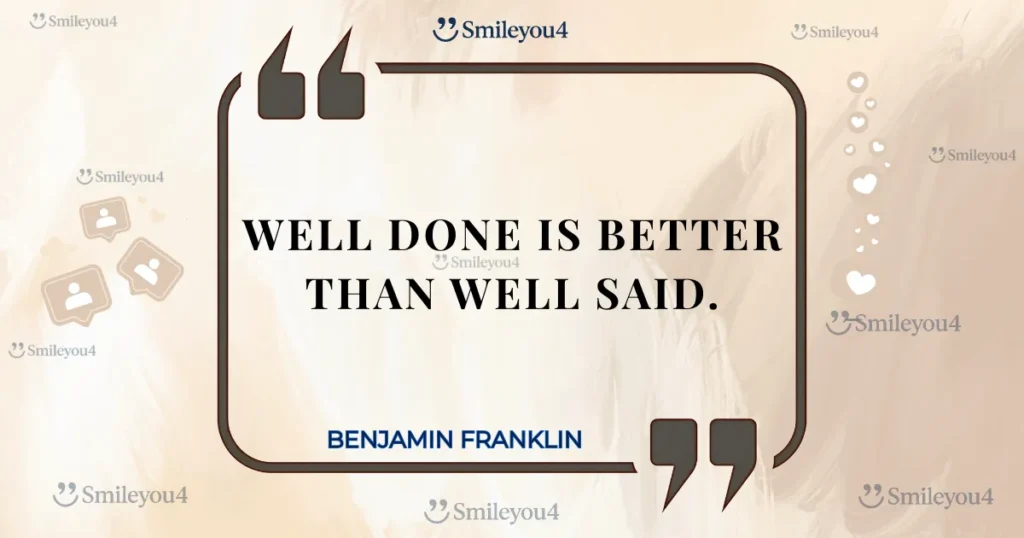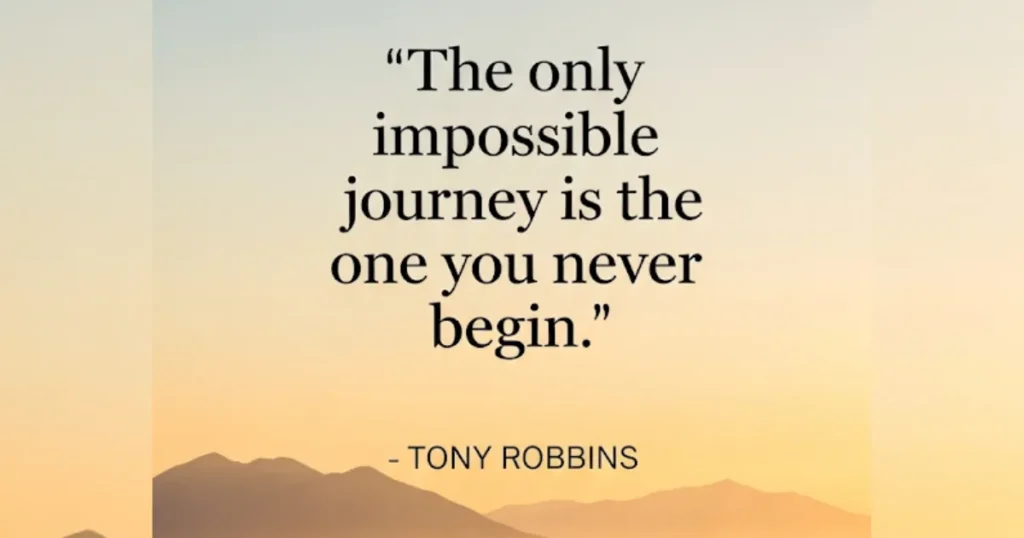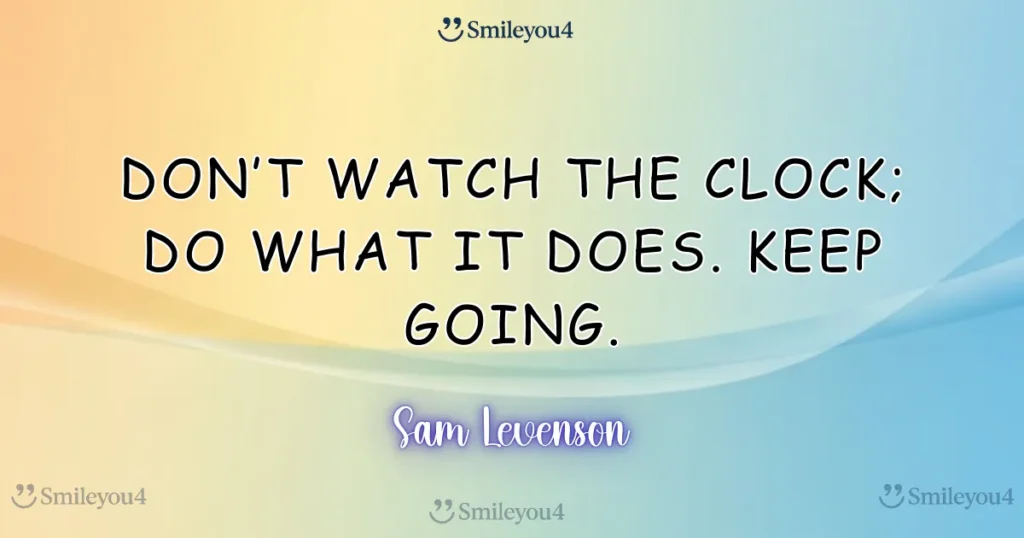How many times have you heard someone talk eloquently about their big plans, only to watch them never follow through? We live in a world full of beautiful words, inspiring speeches, and impressive presentations. Yet Benjamin Franklin understood something profound that cuts through all the noise: “Well done is better than well said.”
This well done is better than well said Benjamin Franklin wisdom isn’t just clever wordplay—it’s a fundamental principle that separates dreamers from achievers. When you truly embrace this mindset, everything changes. You stop being impressed by smooth talkers and start recognizing real value. You shift your own focus from crafting perfect presentations to delivering meaningful results.

Today, we’ll explore why this Benjamin Franklin well done is better than well said philosophy remains one of the most powerful success principles ever articulated. You’ll discover how to apply this wisdom to transform your career, relationships, and personal growth by becoming someone who consistently delivers rather than just promises.
Understanding Benjamin Franklin’s Revolutionary Insight
The Founding Father Who Walked the Walk
When Benjamin Franklin shared his belief that well done is better than well said, he spoke from extraordinary experience. Franklin wasn’t just a smooth-talking politician or theoretical philosopher—he was a man who consistently turned ideas into reality throughout his remarkable life.
Consider Franklin’s achievements: he invented the lightning rod, established the first public library in America, founded the University of Pennsylvania, negotiated crucial international treaties, and helped draft the Declaration of Independence. Each accomplishment demonstrated his core belief that execution matters more than eloquence.
The Benjamin Franklin approach proved that lasting impact comes from what you do, not what you say. His inventions still benefit us today, while countless beautiful speeches from his era have been forgotten.
Breaking Down the Quote’s Deeper Meaning
“Well done is better than well said.” Let’s examine why each word carries weight:
- “Well done” represents quality execution, completed tasks, and tangible results
- “Is better than” establishes a clear hierarchy of value
- “Well said” refers to eloquent words, impressive presentations, and polished promises
This well done is better than well said Benjamin Franklin philosophy challenges our word-obsessed culture. In a world where social media rewards clever captions over authentic content, Franklin’s wisdom reminds us that substance trumps style every time.
The quote works because it addresses a fundamental human tendency: we’re naturally drawn to people who speak well, even when their actions don’t match their words. Franklin understood that real value lies in what gets accomplished, not what gets articulated.
Why Actions Create More Impact Than Words
The Psychology of Following Through
Modern research confirms what Franklin intuitively understood about the well done is better than well said principle. Studies show that people who focus on execution rather than explanation achieve significantly better outcomes in both personal and professional settings.
When you prioritize doing over saying, several powerful things happen:
- Trust increases: Others learn they can rely on your follow-through
- Confidence grows: Each completed task builds belief in your abilities
- Results compound: Finished projects create momentum for bigger achievements
- Reputation strengthens: You become known as someone who delivers
This psychological foundation explains why the Benjamin Franklin well done is better than well said approach creates lasting success. Action builds the internal and external credibility that words alone can never establish.
The Credibility Gap Problem
We’ve all encountered people who talk a great game but struggle with execution. This credibility gap—the difference between what someone promises and what they deliver—damages relationships and stalls progress.
When you embrace well done is better than well said, you eliminate this gap by:
- Making fewer promises and keeping more of them
- Focusing energy on completion rather than presentation
- Building a reputation based on results, not rhetoric
- Creating trust through consistent follow-through
Real-Life Examples of Well Done Beating Well Said
Steve Jobs: Execution Over Explanation
Steve Jobs perfectly embodied the well done is better than well said Benjamin Franklin philosophy. While many tech leaders impressed audiences with eloquent presentations about future possibilities, Jobs focused obsessively on creating products that actually worked.
Jobs’s approach demonstrated how well done is better than well said in practice:
- Instead of promising revolutionary features, Apple delivered them
- Rather than explaining why things were difficult, the team found solutions
- While competitors talked about user experience, Apple created it
- When others discussed innovation, Jobs’s team shipped innovative products
The result? Apple became the world’s most valuable company by consistently delivering extraordinary products rather than just promising them.
Oprah Winfrey: Building Through Doing
Oprah’s rise from poverty to media mogul shows how Benjamin Franklin well done is better than well said applies to personal transformation. Rather than just talking about overcoming obstacles, she consistently took action to change her circumstances.
Her career demonstrates the power of execution:
- Started working in media as a teenager, learning through doing
- Built skills through hands-on experience, not just formal education
- Created opportunities by consistently delivering quality work
- Developed her unique style through practice, not theory
Oprah became influential not because she spoke beautifully about success, but because she achieved it through relentless action and authentic connection with her audience.
Sara Blakely: From Idea to Empire Through Action
Sara Blakely’s journey from door-to-door saleswoman to billionaire entrepreneur perfectly illustrates well done is better than well said. When she had the idea for Spanx, she didn’t spend years perfecting business plans or seeking investors—she started creating.
Her well done is better than well said Benjamin Franklin approach included:
- Cutting pantyhose with scissors to create prototypes in her apartment
- Calling manufacturers directly until someone agreed to help
- Personally visiting department stores to pitch her product
- Using her own savings to fund production rather than waiting for investors
Blakely’s willingness to do rather than just say transformed a simple idea into a billion-dollar empire. Her execution spoke louder than any business presentation ever could.
Practical Strategies to Live “Well Done is Better Than Well Said”
Start Small, Execute Consistently
The Benjamin Franklin approach doesn’t require massive projects—it requires consistent follow-through on commitments, regardless of size. Begin building your “well done” reputation through small actions that demonstrate reliability.
In your career:
- Meet every deadline, no matter how minor the project
- Follow up on commitments without being asked
- Deliver slightly more than promised rather than promising more than you can deliver
- Focus on solving problems rather than explaining why they exist
In relationships:
- Keep social plans you make instead of frequently canceling
- Follow through on offers to help friends or family
- Remember important dates and acknowledge them with actions
- Listen more than you speak in conversations
Replace Words with Evidence
Transform the well done is better than well said mindset by showing rather than telling. When you’re tempted to explain your capabilities, demonstrate them instead.
Instead of saying: “I’m really organized and detail-oriented”
Try: Submitting work early with clear organization and zero errors
Instead of saying: “I care deeply about customer service”
Try: Following up with customers proactively and solving problems quickly
Instead of saying: “I’m committed to personal growth”
Try: Consistently reading, learning new skills, or taking courses
This approach embodies the Benjamin Franklin well done is better than well said philosophy by letting your actions create your reputation.
Build Your Execution System
Develop practical systems that help you consistently deliver on commitments. The well done is better than well said approach requires reliable processes, not just good intentions.
Create tracking systems:
- Use task management tools to monitor commitments
- Set calendar reminders for follow-up actions
- Keep lists of promised deliverables and their deadlines
- Review weekly to ensure nothing falls through cracks
Establish quality standards:
- Define what “well done” means for different types of tasks
- Create checklists for recurring responsibilities
- Build in time for review and improvement before delivery
- Celebrate completion rather than just initiation
Practice the “Less Promise, More Deliver” Approach
The well done is better than well said Benjamin Franklin wisdom suggests being conservative with promises and generous with delivery. This approach builds trust and creates positive surprises.
Underpromise and overdeliver by:
- Estimating realistic timelines and finishing early when possible
- Setting achievable goals and exceeding them consistently
- Communicating challenges honestly rather than making optimistic promises
- Adding unexpected value to completed projects when you can
Overcoming Common Obstacles to Action-Focused Living
Dealing with Perfectionism
One barrier to embracing well done is better than well said is perfectionism—the desire to make everything perfect before taking action. This mindset often leads to endless preparation and delayed execution.
Combat perfectionism by:
- Setting “good enough” standards for initial versions
- Creating deadlines that force completion over perfection
- Remembering that Benjamin Franklin preferred useful completion over perfect delay
- Viewing feedback as improvement opportunities, not criticism
Managing the Impression vs. Impact Dilemma
In our social media world, there’s pressure to appear impressive rather than be effective. The well done is better than well said philosophy requires choosing substance over appearance.
Navigate this challenge by:
- Focusing on long-term reputation over short-term impressions
- Documenting your actual achievements rather than just your aspirations
- Sharing stories of completion, not just intention
- Celebrating others’ accomplishments to model the behavior you value
Handling Slow Progress
Sometimes doing feels less exciting than planning or talking about big dreams. When progress feels slow, remember that Benjamin Franklin well done is better than well said approach builds compound results over time.
Maintain motivation through:
- Tracking small wins and incremental progress
- Connecting current tasks to larger goals
- Finding accountability partners who value execution
- Remembering that consistent action creates exponential results
Building Your “Well Done” Reputation
Start with Self-Promises
Before you can consistently deliver for others, master delivering for yourself. Use the well done is better than well said Benjamin Franklin principle to strengthen your relationship with yourself.
Make and keep small self-commitments:
- Exercise for 20 minutes three times this week
- Read one chapter of a book daily
- Call one friend or family member weekly
- Complete one small home improvement project this month
Each kept promise builds the internal confidence needed to handle bigger external commitments.
Expand to Professional Settings
Once you’ve established personal reliability, apply well done is better than well said to work situations. Become known as someone who consistently follows through.
Professional execution strategies:
- Volunteer for projects you can realistically complete well
- Provide regular updates on progress rather than waiting for requests
- Anticipate needs and address them proactively
- Document your completed projects to track your


